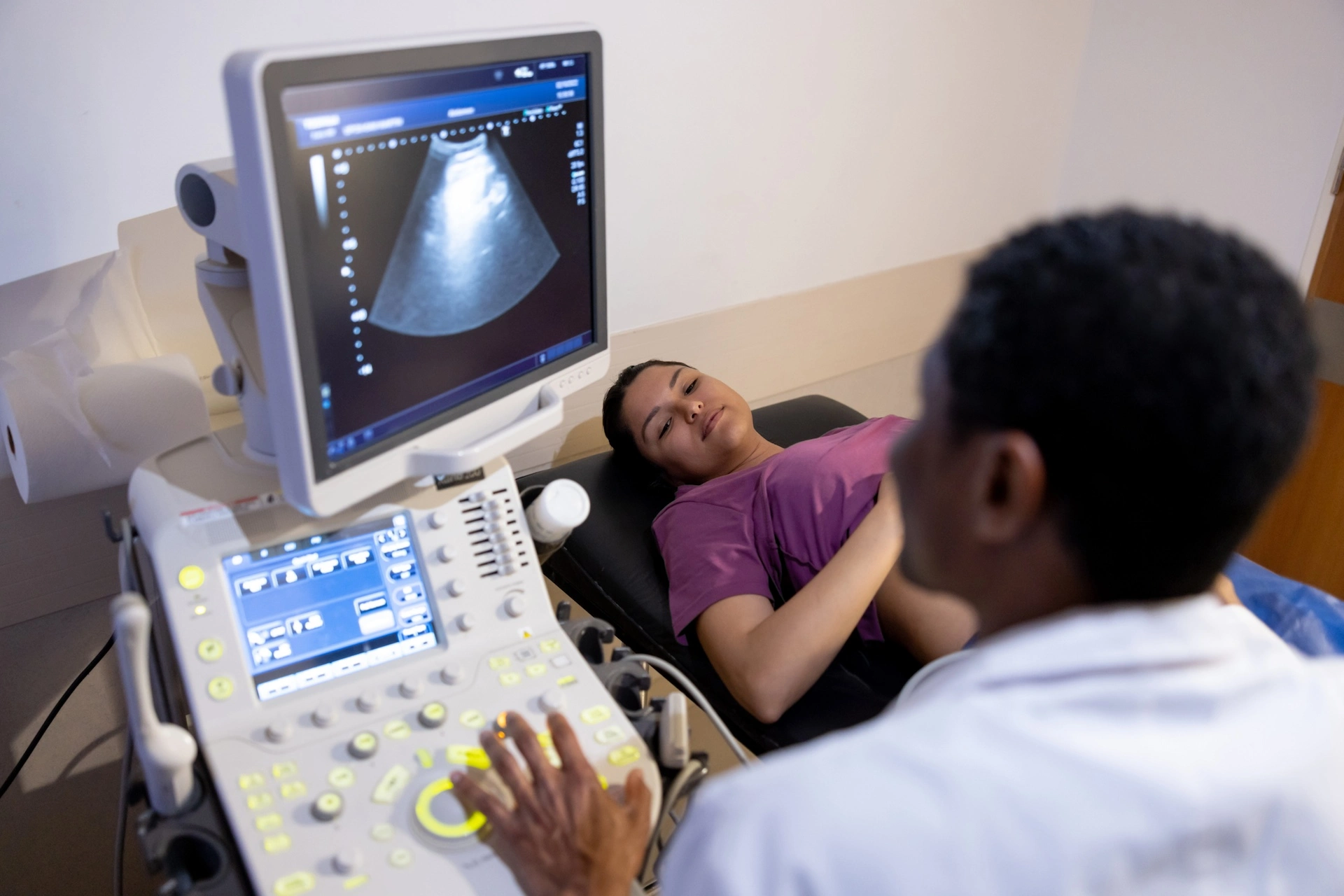Kaiser Permanente research finds no increase in reactions to certain childhood vaccinations among their children
A new study led by Kaiser Permanente researchers provides reassurance about vaccinating infants whose mothers took biologic medications for an autoimmune disorder during pregnancy.
Increasing numbers of women are taking biologic response modifiers (BRMs) during pregnancy for conditions such as rheumatoid arthritis, psoriasis, and inflammatory bowel disease. These BRMs can be transferred to the mothers’ infants and remain detectable for the first year of life. The possibility that these infants could have immune suppression has created a dilemma for clinicians providing preventive care to these infants. The American Academy of Pediatrics has recommended against use of live attenuated vaccines – which use a weakened form of measles or rotavirus – in this circumstance.

The new study, published in the journal Pediatrics June 9, found no higher rate of adverse health events in babies of mothers who took BRMs during pregnancy and who received the live attenuated measles or rotavirus vaccine. The results should be reassuring to pregnant patients who need to continue their medication during pregnancy, said lead author Ousseny Zerbo, PhD, research scientist with the Kaiser Permanente Division of Research.
“These data may provide some reassurance to parents and also to pediatricians who ask themselves what they should do when they come into contact with children who were exposed to BRMs,” Zerbo said. “Professional societies may want to consider reevaluating their live attenuated vaccine recommendations in light of these new data.”
The researchers examined data on nearly 600,000 babies born between 2006 and 2017 at 6 sites around the country that participate in the Vaccine Safety Datalink, looking for children of mothers who took a biologic medication during pregnancy. The analysis focused on 960 babies exposed to a BRM in utero and tracked outcomes through 24 months of age.
The medications studied were several types of biologics — most commonly etanercept, anakinra, adalimumab, and infliximab — taken for conditions such as rheumatoid arthritis, psoriasis, and inflammatory bowel disease. The study found a marked increase in use of BRMs, rising from 7.9 per 10,000 pregnancies in 2006 to 226 per 10,000 in 2017. Less than 1 percent of pregnancies involved use of a BRM.
The analysis examined live attenuated childhood vaccines — which contain a weakened form of the disease — for measles and rotavirus. The researchers then looked through medical records for evidence of a number of potential adverse health effects, such as fever, seizures, and diarrhea.
They found low or no incidence of side effects and no difference in incidence between the children with an exposure to a biologic medication and those without exposure.

While the number of exposed infants was relatively small, the total number of patients and mothers was large — 12 million patients and nearly 1 million pregnancies were included in the assessment of the prevalence of BRM use during pregnancy over time, noted senior author Nicola Klein, MD, PhD, who directs the Kaiser Permanente Vaccine Study Center. “The Vaccine Safety Datalink partners not only have data available about babies who were exposed to BRMs, but also longitudinal data about their health over time,” Klein said. “There aren’t many health systems with access to both types of data on this kind of scale.”
The study was funded by the Centers for Disease Control and Prevention (CDC).
Additional co-authors were Sharareh Modaressi, MD, MPH, Kristin Goddard, MPH, and Edwin Lewis, MPH, of the Vaccine Study Center; Darios Getahun, MD, PhD, MPH, of the Kaiser Permanente Southern California Department of Research and Evaluation; Kristin K. Palmsten, ScD, of the HealthPartners Institute; Candace C. Fuller, PhD, MPH, of Harvard Pilgrim Health Care Institute; Bradley Crane, MS, of the Kaiser Permanente Northwest Center for Health Research; James G. Donahue, DVM, PhD, of the Marshfield Clinic Research Institute; Matthew F. Daley, MD, of the Kaiser Permanente Colorado Institute for Health Research; Lisa A. Jackson, MD, MPH, of the Kaiser Permanente Washington Health Research Institute; and A. Patricia Wodi, MD, and Michael M. McNeil, MD, MPH, of the CDC.
# # #
About the Kaiser Permanente Division of Research
The Kaiser Permanente Division of Research conducts, publishes and disseminates epidemiologic and health services research to improve the health and medical care of Kaiser Permanente members and society at large. It seeks to understand the determinants of illness and well-being, and to improve the quality and cost-effectiveness of health care. Currently, DOR’s 600-plus staff is working on more than 450 epidemiological and health services research projects. For more information, visit divisionofresearch.kaiserpermanente.org or follow us @KPDOR.





This Post Has 0 Comments